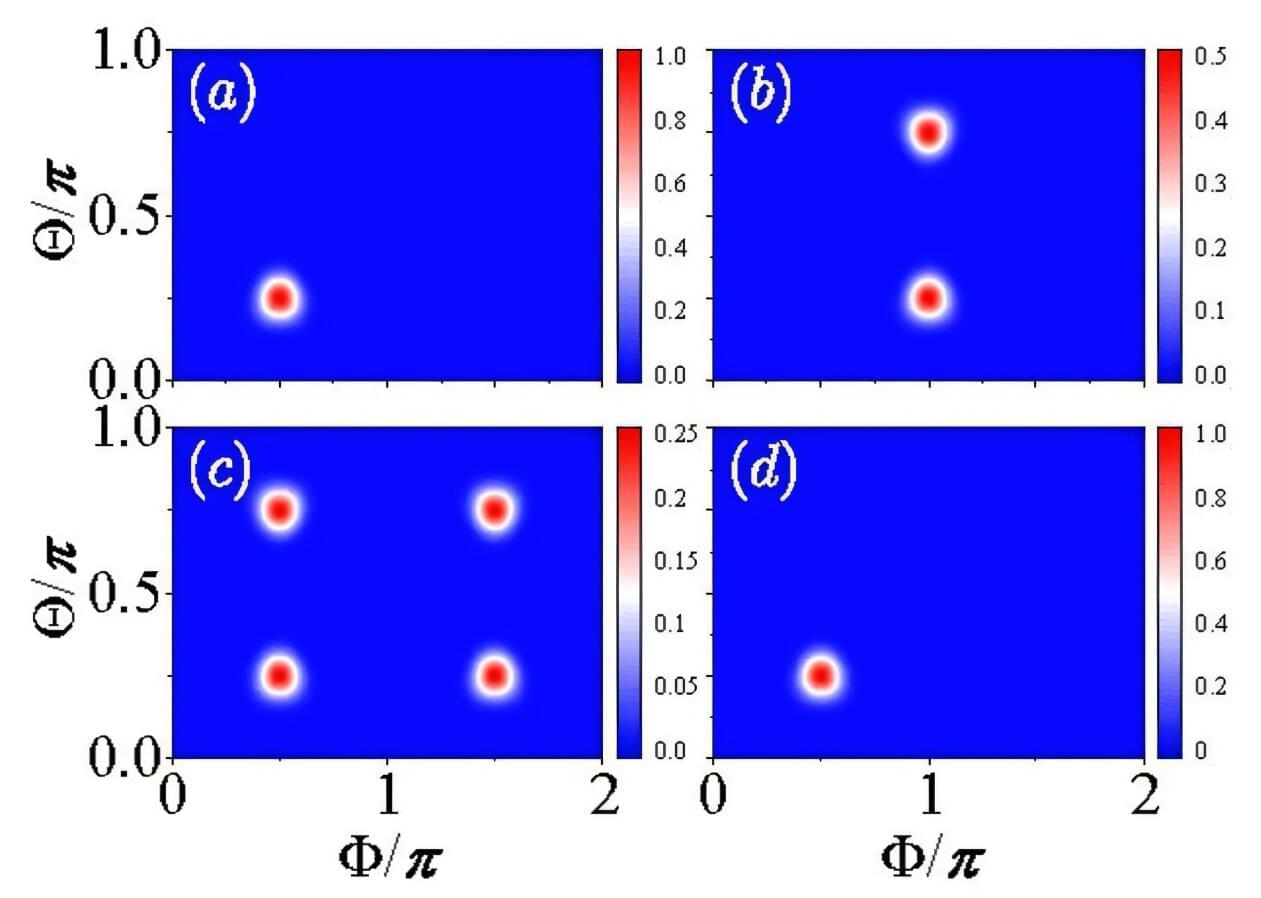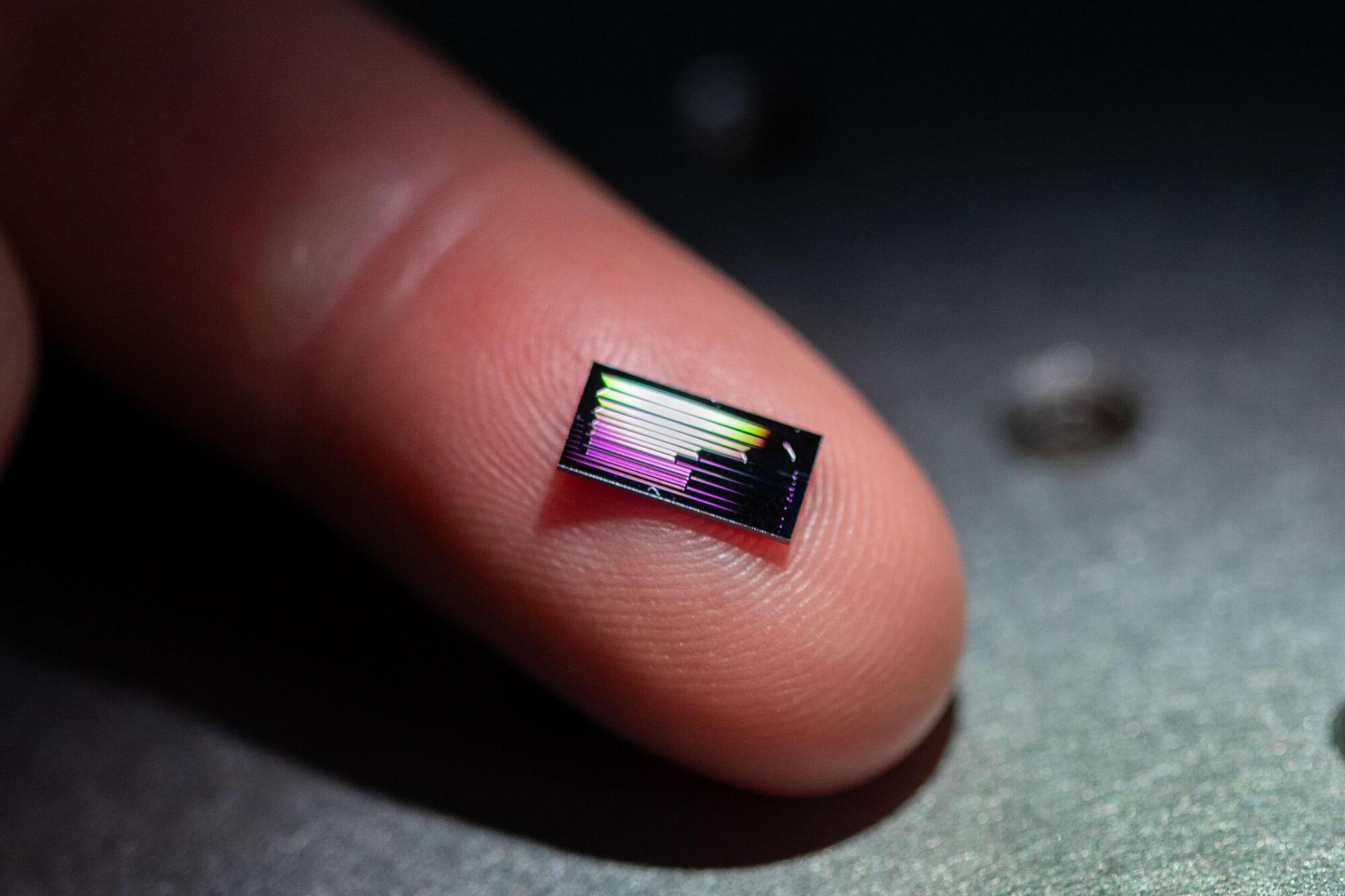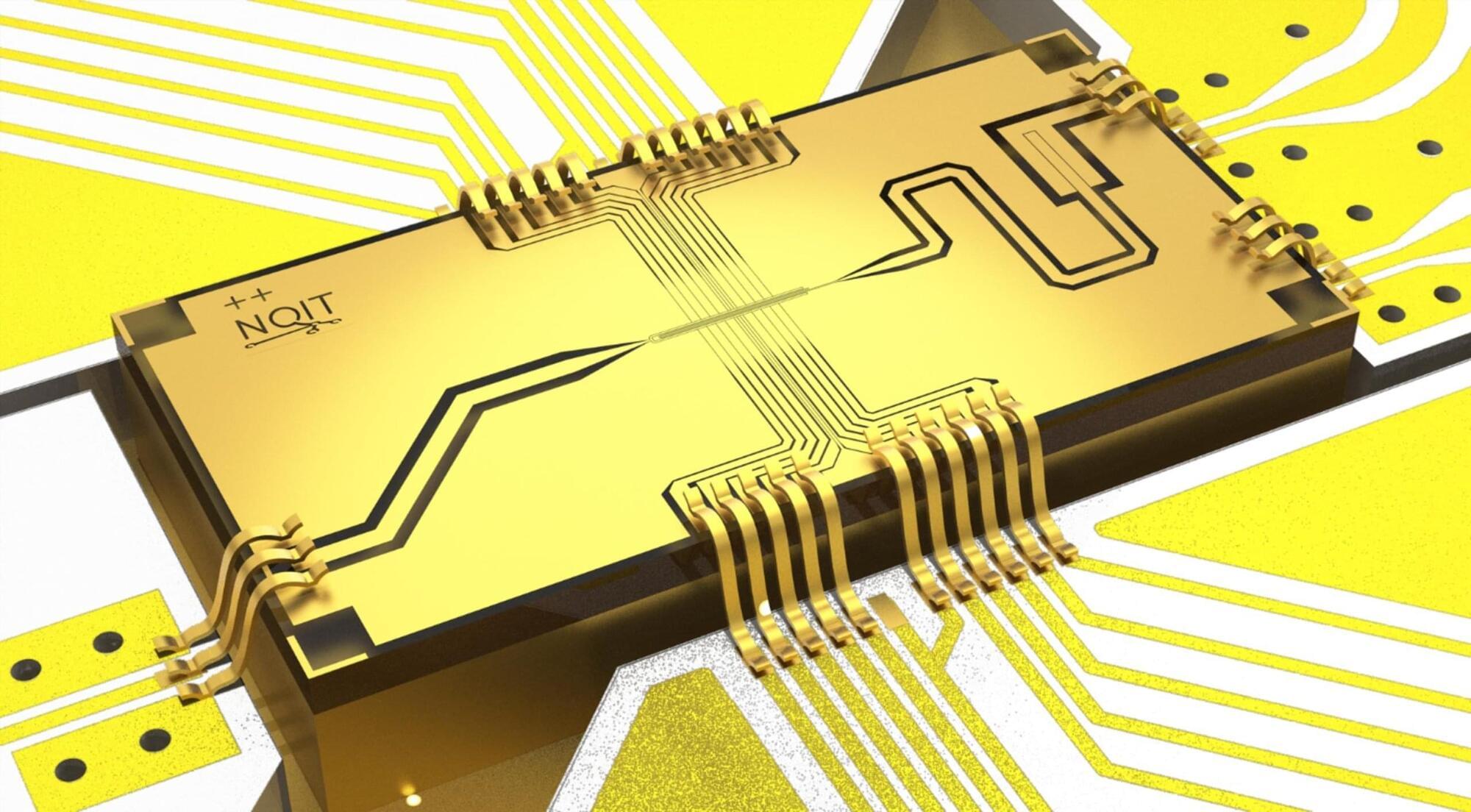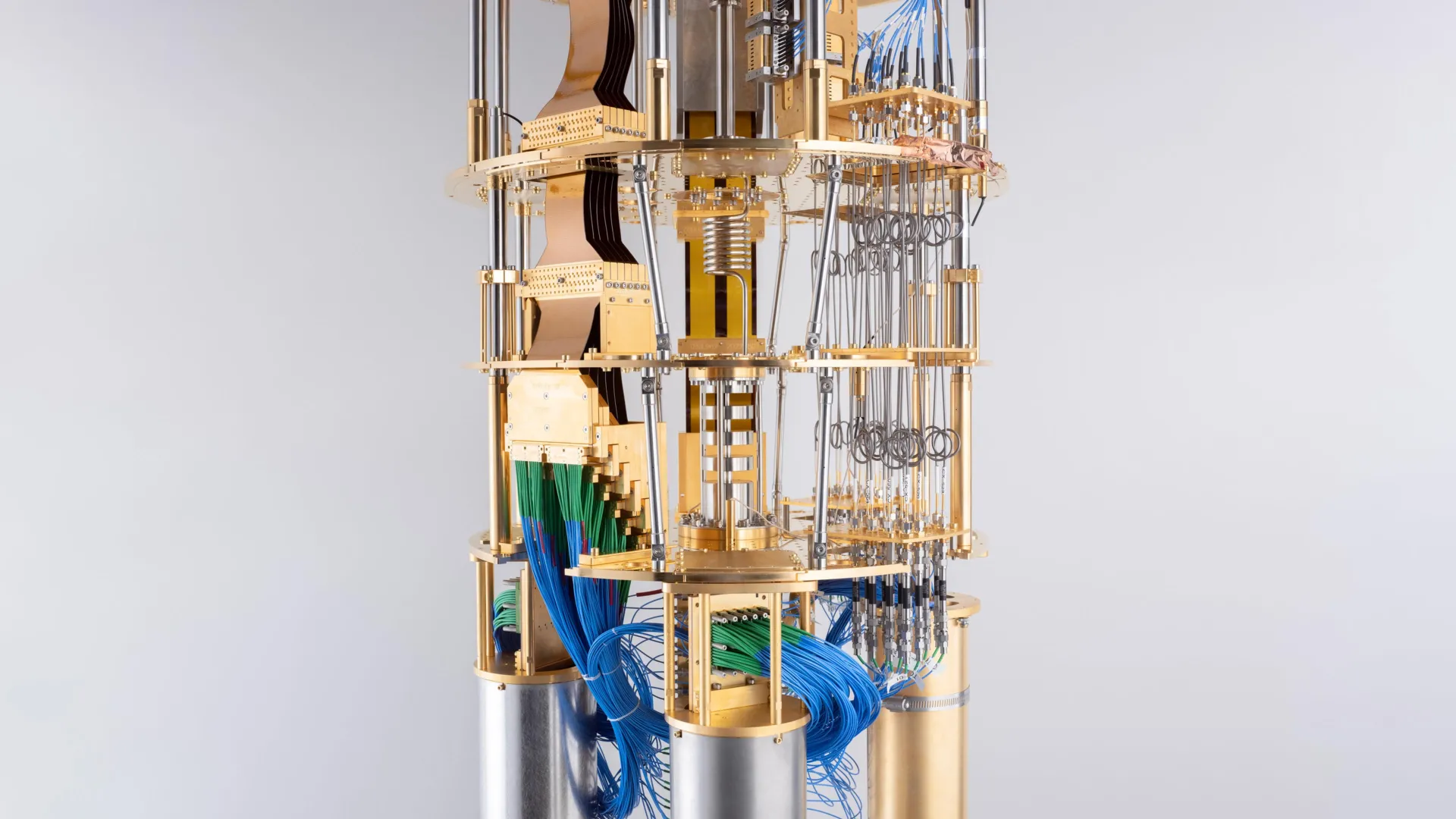Researchers from the National University of Singapore (NUS) have achieved exciting progress in quantum metrology, a field that harnesses quantum effects to make measurements with unprecedented accuracy. Their newly developed protocol could potentially benefit emerging technologies such as navigation and sensing of extremely weak signals.
Quantum metrology exploits the unique properties of quantum systems to achieve sensitivities far exceeding classical limits. Pushing beyond the so-called standard quantum limit (SQL) to reach the ultimate Heisenberg limit (HL) typically requires highly entangled quantum states, such as Greenberger–Horne–Zeilinger (GHZ) states. However, these states are extremely challenging to generate, maintain, and measure, as they are highly susceptible to environmental noise and readout errors, which are major obstacles for practical deployment.
Led by Professor Gong Jiangbin from the Department of Physics at the NUS Faculty of Science, the research team has developed a novel strategy that eliminates these roadblocks. Their method leverages quantum resonance dynamics in a periodically driven spin system, a well-studied model called the quantum kicked top.








